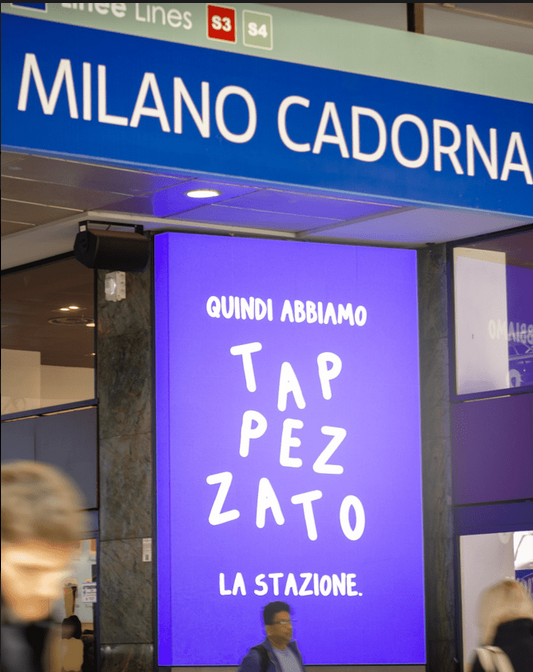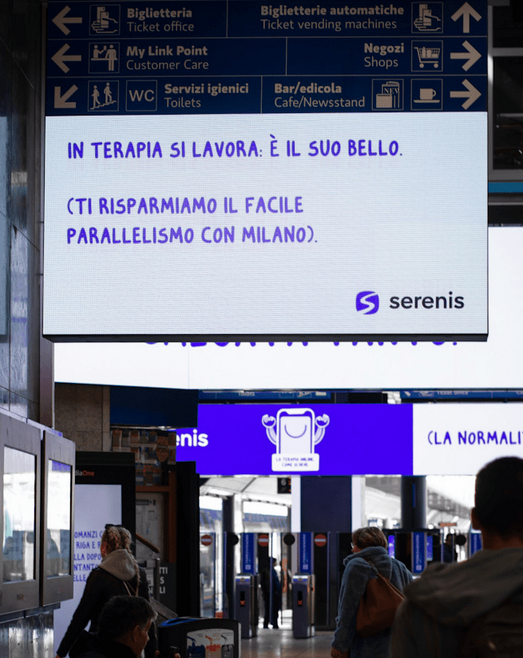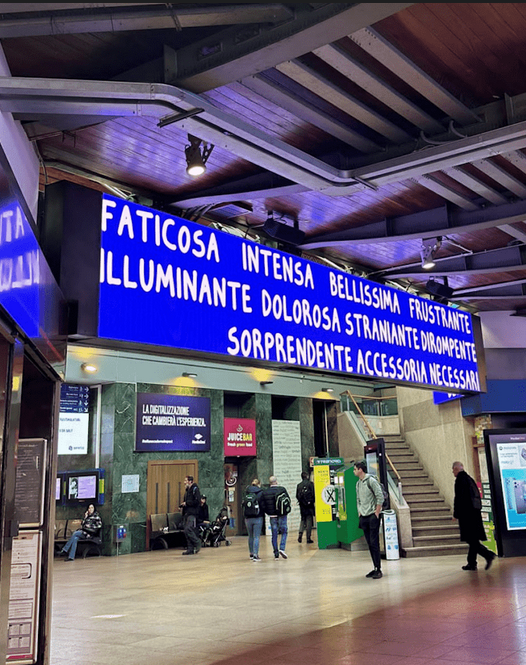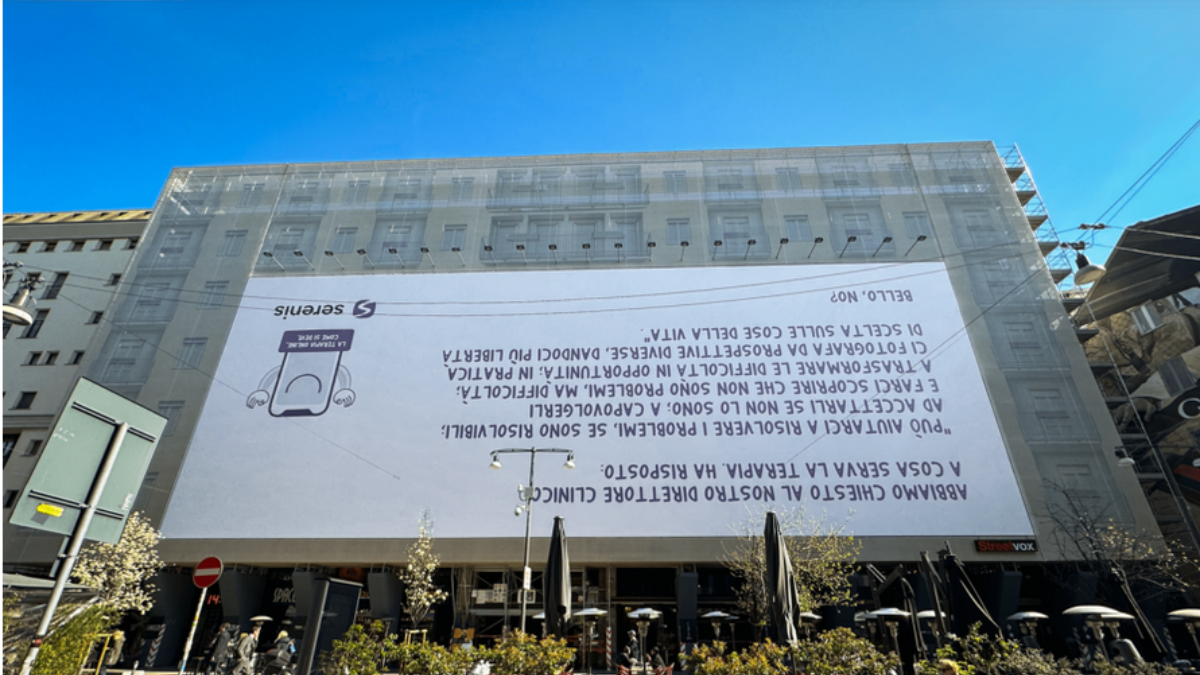
In Italy the stigma of those who still believe that taking care of their mental health is just an option or a source of shame is still strong.
In this interview Clinical Director Federico Russo introduces us Serenis, an Italian tech company that pairs its customers with the right online therapist to provide quality and affordable online mental health therapy and psychological support.
Since ‘1 person out of 5 uses Serenis for work-related issues’, they also offer their services to companies, in order to rise awareness in the work environment.
Federico, how was Serenis born and what was the idea behind it?
Serenis was founded in 2021 by Silvia Wang, co-founder of ProntoPro, and Daniele Francescon, co-founder of NeN energia. One of the company’s peculiarities is the large concentration of patients: almost all of the people who work at Serenis have undergone therapy at some point in their life and believe in the company’s mission, because they have experienced it first-hand.
This perspective helps us build a product and a brand that serves the interests of human beings. In order to normalize psychology and psychotherapy, we believe it is essential to address all those cultural and social problems that keep people away from psychological support: distrust, lack of awareness, prejudices, cultural context, the distance between supply and demand.
Why is there still resistance to embracing and accepting therapy, especially in the workplace?
Resistance to therapy, particularly at work, can be due to stigma, lack of awareness and practical barriers. The stigma tied to mental health issues can make therapy seem like a weakness, or lead to discrimination. People may also not know about the benefits of therapy, or have misconceptions and prejudices about it. Besides, cost, time, and availability can be barriers to accessing therapy, especially for those who struggle to find a good fit. Despite these challenges, we must recognize the value of therapy and work towards breaking down barriers to help more people improve their mental health and well-being.
‘Tanti cartelloni sulla terapia’ is Serenis’ new OOH campaign. What was its aim?
The campaign is based on the concept that talking about therapy is challenging, both because a culture of mental well-being is not yet rooted in Italy, and because every path is extremely subjective and characterized by personal dynamics. Serenis billboards tell what therapy actually is or might be, what its objectives are and what emotions it could bring to surface in those who begin this journey, but they also provide more practical information about therapy sessions, such as costs and methods.



What’s your strategy to talk about therapy?
Cultural changes are built, in the first place, with reasoned, interesting and continuous communication. In order to bring more people to take care of mental well-being, it is necessary to create content that can show that this world exists. At the same time, it is essential to act responsibly and never simplistically. For this reason, we decided to involve our medical centre’s therapists in the communication process. We do this in many ways: they review social media posts and articles, give us ideas on what to work on, appear in videos, help us use the right words and avoid the wrong ones. We try to combine essence and form: on one hand the skills of those who know the subject and on the other hand the skills of those who are able to convey the content in the most effective way.
What makes you different from your competitors?
I can’t go into details of what others do, but I can tell you what Serenis is – it’s a medical center: which means that we’re responsible for the quality of the service we deliver. We don’t just vanish after the matching between patient and therapist. We’re there for the needs of patients and therapists. All of our psychologists are also psychotherapists. We support therapy with a journaling tool: every patient has a personal diary in their own area, which allows them to express their thoughts, moods, emotions, and gratitude.
The relationship with our psychotherapists is transparent and respectful: they have no exclusivity bond, they can work when they want, and we do everything in our power to improve their working experience. We have a technology platform that allows us to automate and simplify many issues, both for therapists and patients. About half of Serenis employees work on technology.
Our theme for April was the ‘Age of Discontent. Do you think people are more discontented now, and need therapy more than ever?
Discontent can manifest itself in many different ways, from frustration with personal circumstances to disillusionment with societal structures. There are several factors that may be contributing to this age of discontent. One possibility is the rise of social media and the internet, which has made it easier for individuals to compare themselves to others and be bombarded with negative news and information. This constant comparison and exposure to negativity can lead to feelings of inadequacy and helplessness.
Another possible factor is the ongoing global pandemic, which has upended people’s lives and caused widespread uncertainty and anxiety. The pandemic has led to job loss, financial instability, and social isolation, all of which can contribute to feelings of discontentment. It is therefore not surprising that many people may be feeling the need for therapy now more than ever. Therapy can provide individuals with a sense of empowerment and control over their lives. Although ‘Age of Discontent’ may be a challenging time for many, it is important to remember that there are resources available to help navigate these challenges. Therapy can be an effective tool for individuals seeking support and guidance during these uncertain times.
Featured image: Tanti cartelloni sulla terapia / Serenis































